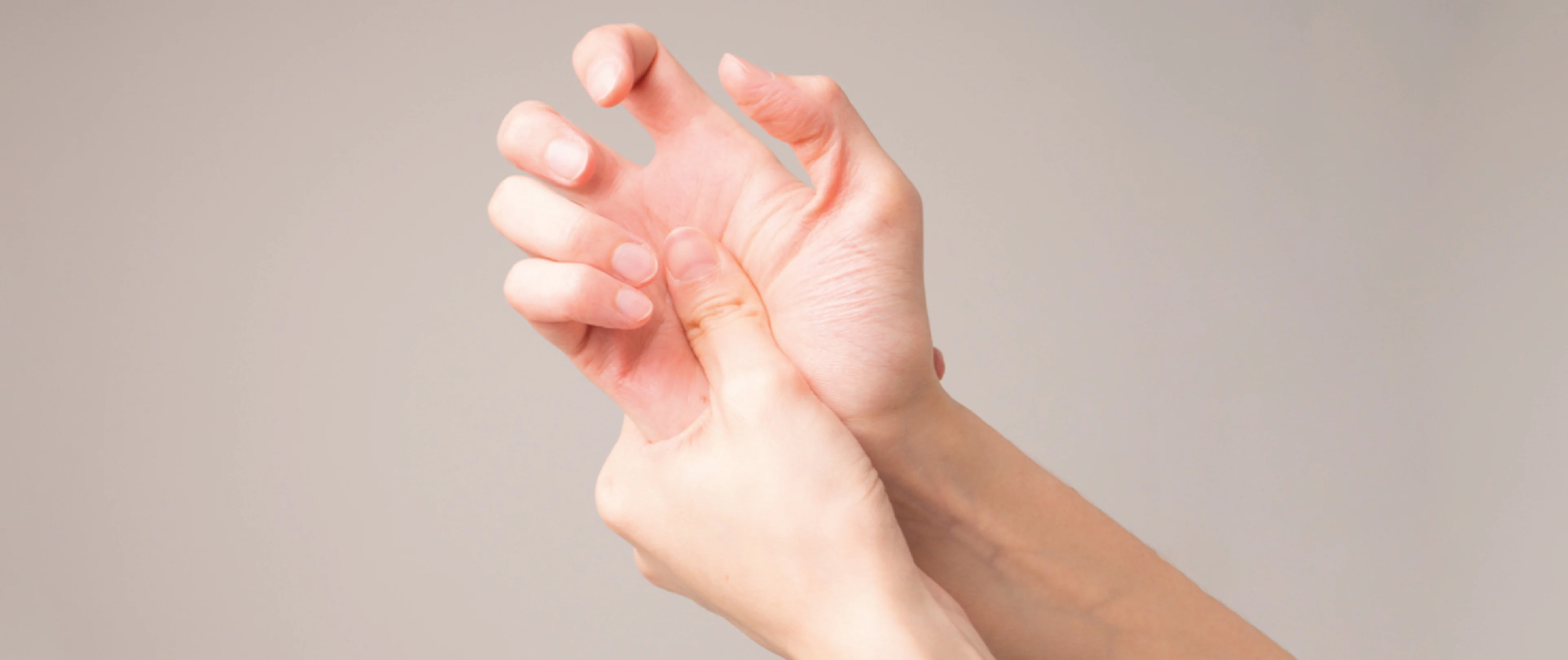
Book an Appointment
Call Us09958011121Living with Parkinson's: Tips to manage daily challenges
Parkinson’s disease is one of the most common neurodegenerative movement disorders affecting a population of roughly 10 million people globally. Characterized by uncontrolled movements, tremors and bradykinesia, the condition is progressive and gives rise to a variety of challenges that affect different aspects of the patient’s life. Reading this blog, by the experts specializing in Parkinson’s treatment in Delhi, will help you understand more about these challenges and how you can manage them on a regular basis that can lead to a better quality of life.
Parkinson’s: The impact goes beyond movement
Parkinson’s is a movement disorder but its impact is not just limited to a person’s movement. It can affect you emotionally, mentally and even socially. Apart from the classic symptoms, it can give rise to a variety of other symptoms that can prevent you from indulging in normal day-to-day activities and interacting with people around you. As per the experts offering the best Parkinson’s Disease treatment in Delhi, people with the condition often tend to develop problems like sleep disorders, stress and anxiety and tend to feel tired most of the time. It can even lead to changes in social interaction and social isolation as patients with Parkinson’s Disease often prefer to avoid social gatherings and stay aloof.
Leading a Better Life: One Step at a Time
-
Know your condition better -
Despite various effective treatment modalities available for the effective management of Parkinson’s Disease, many patients lead a compromised life due to the lack of awareness about the same. It is very important to get a good understanding of the condition, its symptoms and all the available treatment. The leading Parkinson’s specialist in Delhi suggests that the right knowledge will empower you to seek proper medical care, which can in turn help you to lead a better life. It is, however, advisable to make sure that you are getting the information from an authentic and reliable source.
-
Manage your medication diligently -
Medication is generally prescribed with the aim of balancing the levels of important neurotransmitters that have been disrupted. This helps to relieve the symptoms and bring down the risks of associated complications by slowing down the progress of the disease. You need to religiously take all the prescribed medication and work closely with your doctors. This will help them to keep track of your prognosis in a more efficient manner and also make the necessary changes in the dosage as per your specific requirements.
-
Avoid falls -
For those who don’t know, Parkinson’s can drastically affect a person’s balance, making them more susceptible to falling and tripping. It is a great concern, especially for older patients. Luckily, there are a few things that might help you especially when you are exercising or indulging in a physical activity. Whenever you are walking, make it a habit to land on your heels first. Slow down your pace and try your best to maintain and straight posture. Avoid lifting any object while you are moving around.
-
Prioritise getting your ZZZs -
Parkinson’s Disease may induce problems related to sleep in certain cases. If you have been experiencing the problem, maintaining a proper sleep routine might work well for you. There is no rocket science behind it and all you need to do is build a pattern that you need to stick to, no matter what. While it is important to get enough natural light during the daytime, make sure your room is dark at night. Do not take any beverage that can affect your sleep, use comfortable bedding and take a nap of no more than 40 mins in a day.
-
Think of treatments beyond medication:
Medication is generally the first line of treatment or a beginning to the possible cure of Parkinson's but, It's not the only one. There are so many therapeutic interventions available for managing Parkinson’s these days. The most preferred of these is Deep Brain Stimulation, a phenomenal modality that has revolutionized neurological care. You can also go for physiotherapy, occupational therapy and speech therapy, which are all curated to meet your individual needs.
If you wish to know more about Parkinson’s Disease and how it can be managed, consult the best doctor for Parkinson’s in Delhi.
 By -Dr Aaksha Shukla |
July 12, 2023 | 9 Min Read
By -Dr Aaksha Shukla |
July 12, 2023 | 9 Min Read
Parkinson’s Disease Treatment Hospital in India
Brain Stroke Treatment Hospital – Emergency Care
Stroke Paralysis Treatment Hospital – Advanced Neuro Care
Paralysis Treatment Hospital in India – Cost & Recovery
Brain Infection Symptoms, Causes, and When to Seek Emergency Care
Is Spine Surgery Right for You? Here’s How to Know
Brain Health at Every Age: Preventive Neurology Tips
International Patient Guide: Visiting India for Neuro & Spine Treatments
Robot-Assisted & Navigation-Guided Surgery: Safer Brain & Spine Procedures
Sports Injury Recovery: How Arthroscopy Helps You Heal Faster?
How Deep Brain Stimulation (DBS) Helps in Parkinson’s & Tremor Control
Early Warning Signs of a Brain Tumour & When to See a Neurosurgeon
Signs of a Stroke: When to Seek Emergency Neuro Care
Best Neurosurgery Hospitals in Delhi NCR: A Detailed Guide
Minimally Invasive Spine Surgery: Benefits, Cost & Recovery
Best Tips for Sports Injury Recovery
Guide to Stroke Prevention and Recovery
How to Manage Parkinson’s Symptoms Effectively

